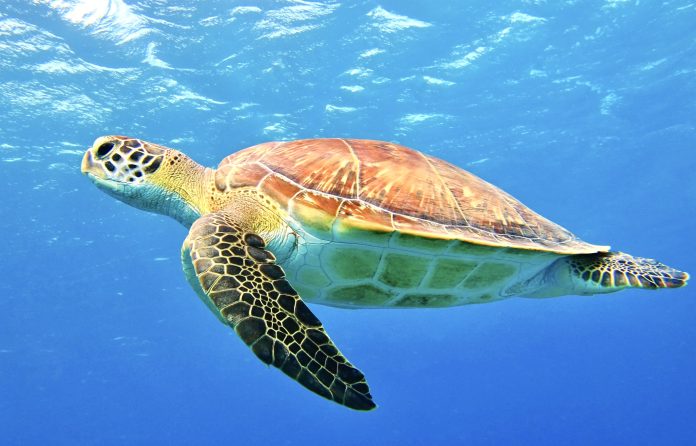
New Lawsuit Aims To Protect Endangered Species From Oil Drilling In The Gulf Of Mexico
You can help all animals and our planet by choosing compassion on your plate and in your glass. #GoVeg

You can help all animals and our planet by choosing compassion on your plate and in your glass. #GoVeg